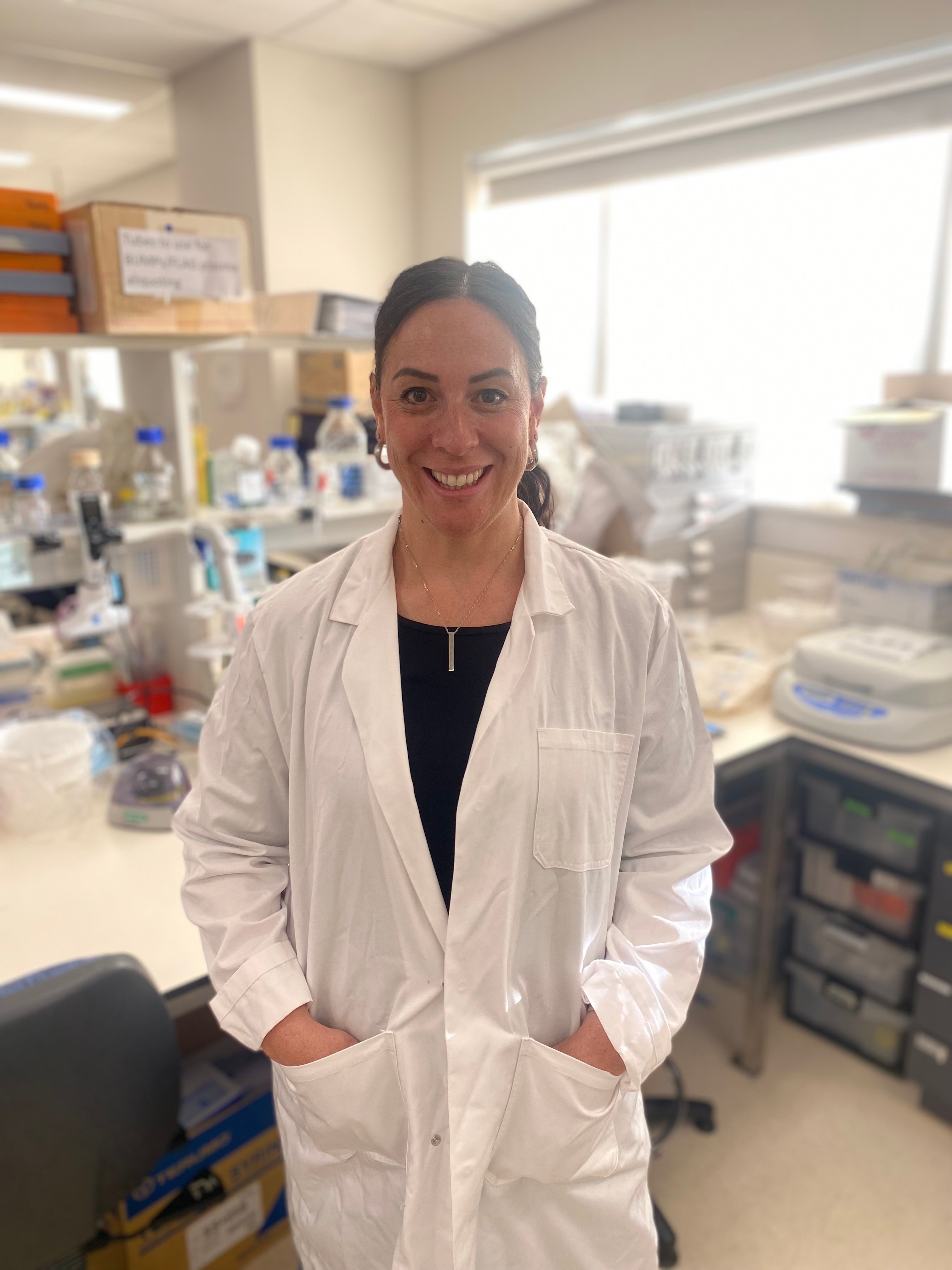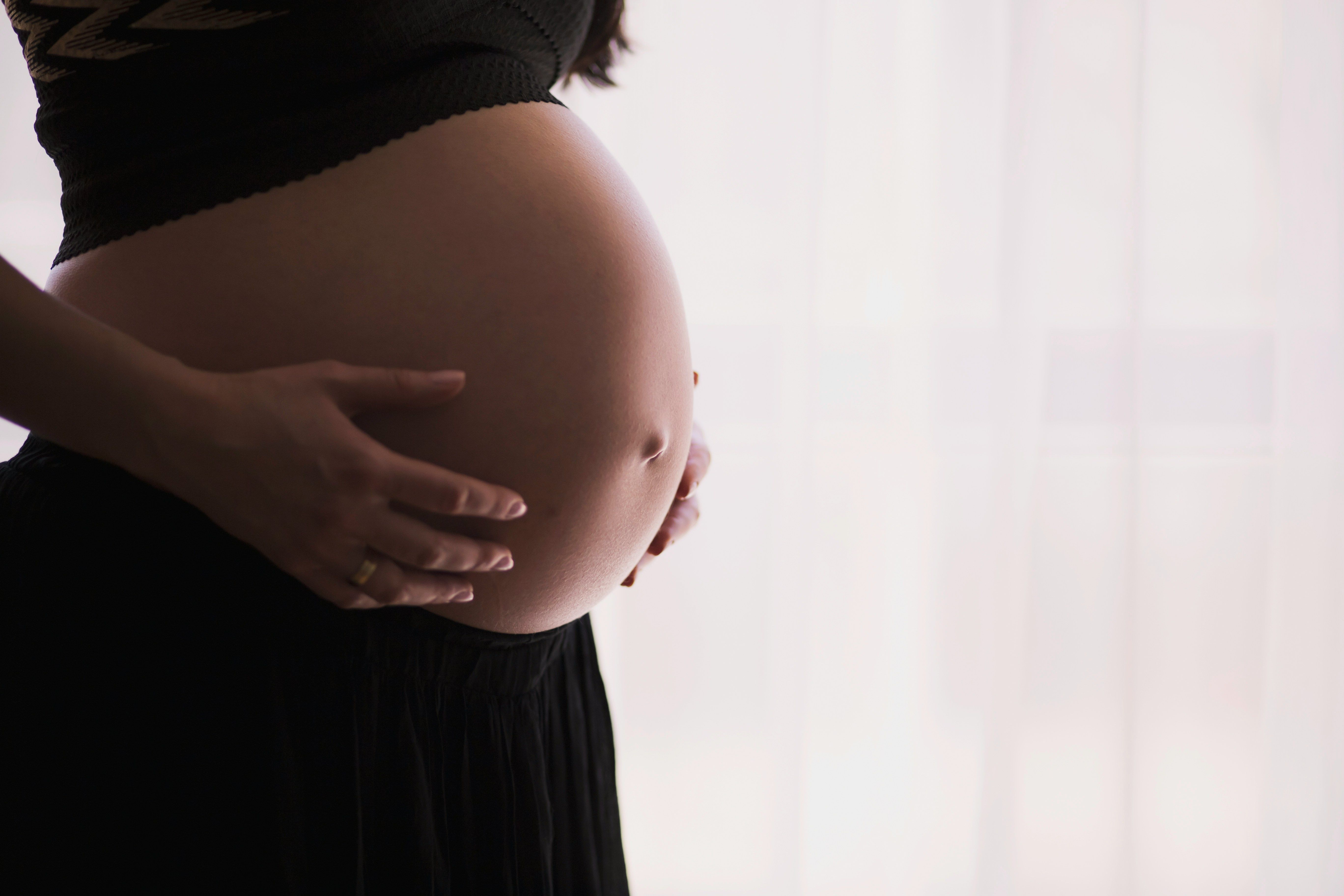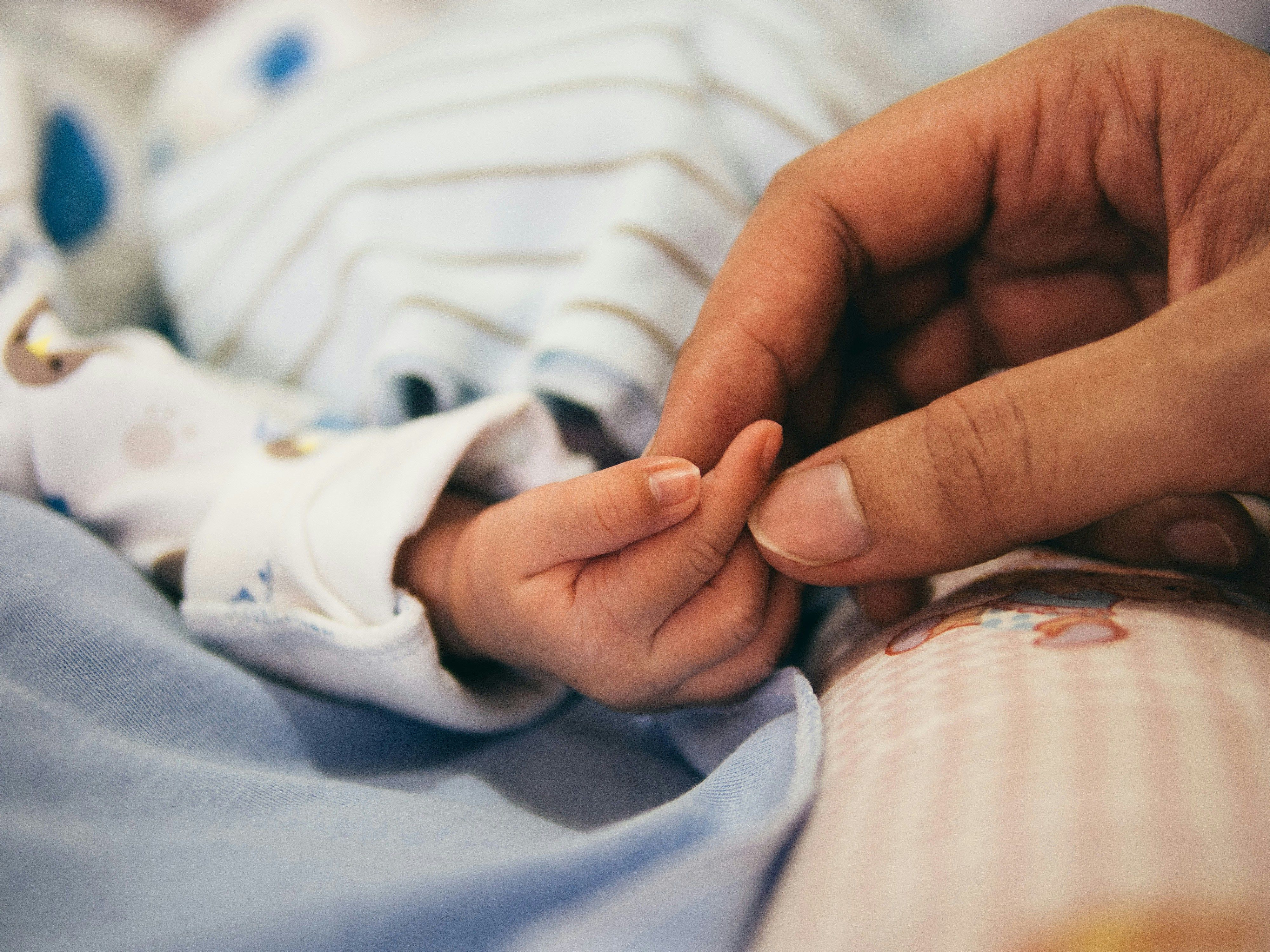

Professor Tu’uhevaha Kaitu’u-Lino.
Photo/Unsplash/University of Melbourne
Tongan medical scientist lauded for pregnancy research
Maternity researcher Professor Tu’uhevaha Kaitu’u-Lino has been awarded a prestigious fellowship for the second time, sharing the science, faith and culture behind this milestone.




Heading off on a roadie? Here’s how to keep your car and whānau safe




Heading off on a roadie? Here’s how to keep your car and whānau safe
Warning: This article mentions stillbirth.
A Tongan pregnancy researcher is spearheading work on a blood test that could have a global impact on reducing the number of stillbirths.
University of Melbourne’s Professor Tu’uhevaha Kaitu’u-Lino has been awarded the Dame Kate Campbell Fellowship for the second time.
The fellowship recognises top performers in medicine, health services, and dentistry.
Her research looks into the origins and development of pregnancy complications such as preeclampsia and fetal growth restriction, and her research team is working on a blood test that can test if mothers and babies are at risk.
“We have a number of proteins we've identified that appear to be associated with babies being very small, which is one of the greatest risk factors for stillbirths.

Professor Tu'uhevaha Kaitu'u-Lino in the research lab. Photo/Supplied
“We're now working to try to develop a clinical blood test that could be offered into trials or we could test globally to make sure it works well enough to then offer it to women around the world.”
Kaitu’u-Lino said stillbirth rates hadn’t changed in the last few decades, and a blood test at 36 weeks gestation, a few weeks before a mother’s due date, could be the difference between life and death.
“Here in Australia, every day, five to six families get this terrible news that their baby's going to be stillborn.
“So our goal is if we can identify them late in pregnancy, the clinicians could intervene and perhaps offer an induction or an earlier delivery for that baby before a tragedy happens.”

Photo/Unsplash
Faith, culture and science
Kaitu’u-Lino said her faith and Pacific heritage influences her work.
“For Tongans, a lot of who are also Christian, we believe that God always has a plan for us and for whatever reason that pregnancy wasn't meant to be or it wasn't right for that time, I think has always been our cultural belief.
“But also from a scientific standpoint and from understanding the field, I know that a lot of these pregnancies could have been saved had somebody known there was a risk.”
She said it was up to parents to make the final decision about what to do.
“But at least if they know their risks of stillbirth, we can then offer potentially the chance for them to take that baby home.
Watch Daisy and John Pederson speaking about their baby loss on 531pi:
“Our goal is not to force people to have to have interventions but rather to give information so people can make informed decisions.”
A test with global prospects
The team is preparing an observational study that will be running in a few weeks.
“We're going to get that test in March this year and we're going to run all of our samples that we have stored in our freezers at the Mercy, which will be up around 10,000 samples altogether.”
Kaitu’u-Lino said their samples included placentas and pregnancy bloods that women had donated with permission.
“We're forever grateful to those people that give us their samples.
“So they might donate their blood at 28 weeks or 36 weeks in pregnancy, we then store it in the freezer. Once we've got a big cohort we can then categorise them based on whether they had a poor outcome in their pregnancy and then look at how or biomarkers change.”

Photo/Aditya Romansa via Unsplash
In 2022, Pacific peoples had the highest infant death rate in New Zealand, at 8.2 per 1000 births. In the region, Fiji had 23.6 deaths per 1000 live births.
Kaitu’u-Lino hoped the tests could be used to address higher rates of pregnancy complications in the South Pacific region.
“Low- and middle-income countries tend to have much higher rates of these pregnancy complications, and so that's where we want to develop low-cost tools so that they could be able to be offered globally rather than just in high-income countries where people can afford them.”
Funding the findings
University of Melbourne Obstetrics and Gynecology head Sue Walker said Kaitu’u-Lino’s dedication and achievements were an inspiration.
“We are immensely proud of Tu’uhe, she’s a remarkable leader, a mum of four, and a generous contributor to the University of Melbourne and Mercy Perinatal.”
Since achieving her PhD in 2008, Kaitu’u-Lino has been granted more than $16 million NZ dollars in research funding.
“Scientists don't have a continuing salary, so if we don't get grants, we don't keep our jobs.
“I've got a magnificent team of research assistants - postdoctoral fellows, colleagues who are also professors, PhD students - helping to pay their salaries but also helping to pay for the reagents and the consumables that we use to do the research costs a lot of money.”